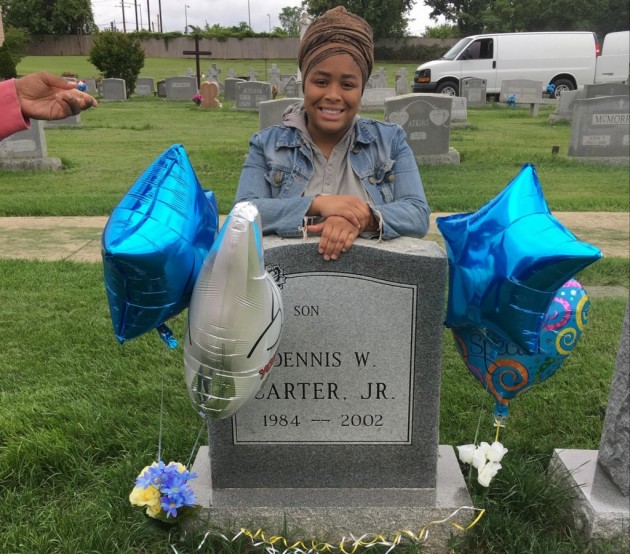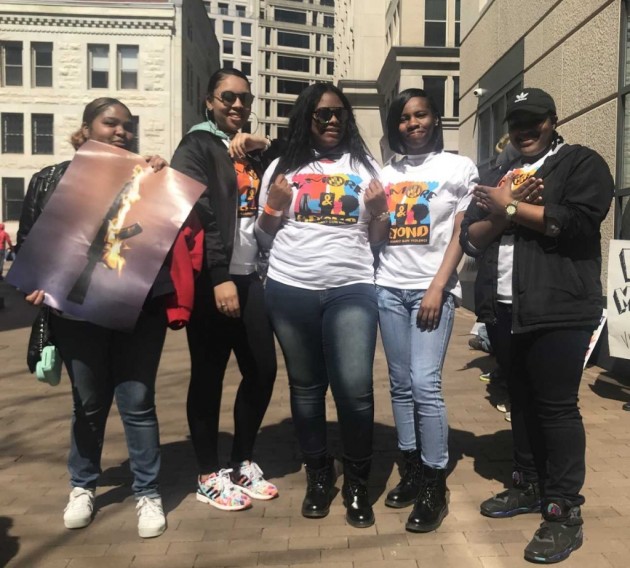96 Percent Say They’re Not At High Risk in Survey
Black women are more susceptible to dying from colorectal cancer than anyone in America – no matter what race, gender or ethnicity – but 96 percent don’t consider themselves at high risk for it, says nonprofit advocacy group the Black Women’s Health Imperative (BWHI).
“Colorectal cancer is not color blind, and it has a penchant for African-American women,” said Lorraine Cole, former president and CEO of the organization, which recently surveyed 505 Black women online about the disease.
Colorectal cancer is the growth of abnormal cells that form masses in the colon and the rectum, ultimately eroding the immune system. Symptoms include gastrointestinal bleeding, black stool, unusually narrow stool, changes in bowel movement habits, severe constipation, diarrhea and unexplained weight loss.
As men and the general population get this cancer more than women or Blacks, researchers are looking to reasons outside biology for why Black women are most likely to die from it. It’s treatable and beatable through surgery, chemotherapy and radiation, and medications and cancer therapy continue to advance. This has shifted focus to possible social causes, such as health care access, socioeconomic status, cultural beliefs and inadequate patient education.
“African-American women face many barriers to screening, detection and treatment of colorectal cancer,” said Dr. Edith Mitchell, a clinical professor of medicine and program leader in gastrointestinal oncology at Thomas Jefferson University. “But getting beyond our own fear and learning the facts can go a long way in improving the survival and quality of life”
BWHI’s survey may reveal traces of social or cultural hurdles itself. Ninety-four percent of participants said they would be likelier to seek screenings if they believed they were at risk, 95 percent if they had symptoms. Many also cited fear of test results and reservations over treatment side effects.
Others simply expected the screenings would cause undue discomfort. The test usually entails a colonoscopy, a reputedly unpleasant procedure in which a finger-width tube is slowly inserted into the rectum and colon. The tube, using technology, allows doctors to examine the colon on a TV monitor for tumors, inflammation, ulcers and polyps – or excess tissue growths. (Patients may alternatively obtain home stool-testing kits from their physicians, then return fecal samples to be tested for blood, or occult.)
Possible benefits of the invasive test outweigh possible harm, however. Colorectal cancer is the second-deadliest cancer in the U.S, according to the American Cancer Association’s 2005 report, largely due to insufficient early detection.
Colorectal cancer is best treated, and can only be cured, when detected early. Eighty-three percent of Black patients diagnosed when the cancer is in its localized, or tentative, stage survive at least five years.
That’s why organizations are now mobilizing to encourage vigilance.
“The Black Women’s Health Imperative’s mission is to let every woman in the country know why it is critical for them to get tested or screened early,” Cole said.
BWHI and the National Women’s Health Resource Center, another nonprofit health group, say they’ve launched a campaign against the anxiety, unawareness and economic barriers discouraging Black women from confronting the disease. The campaign – comprising seminars, forums, and other informational efforts – encourages Black women 45 and older to be screened annually for colorectal cancer.





